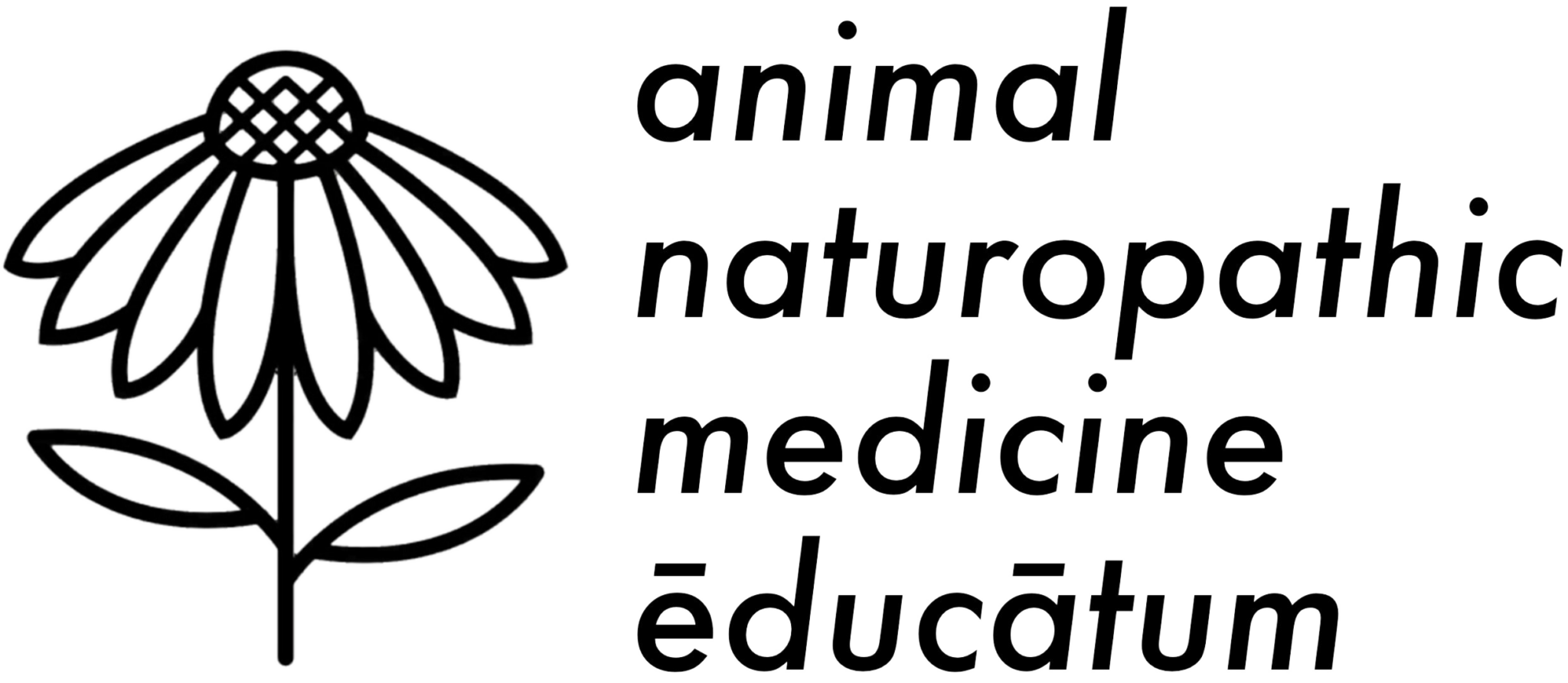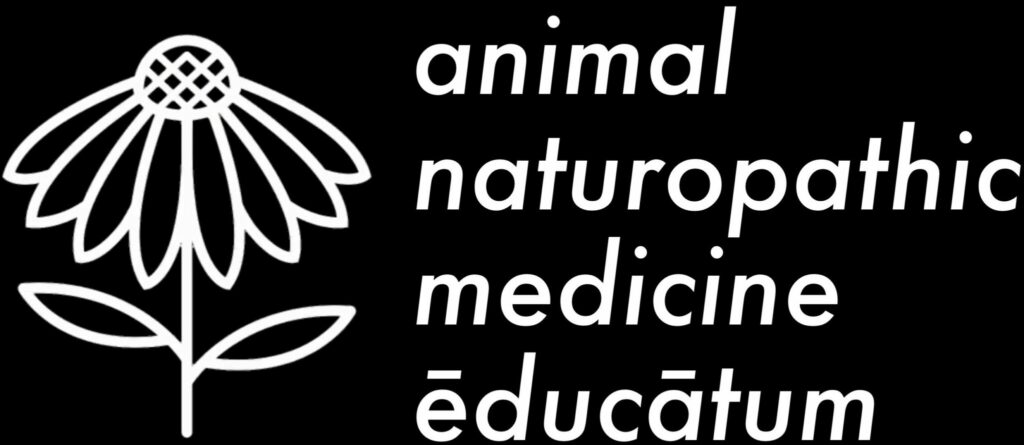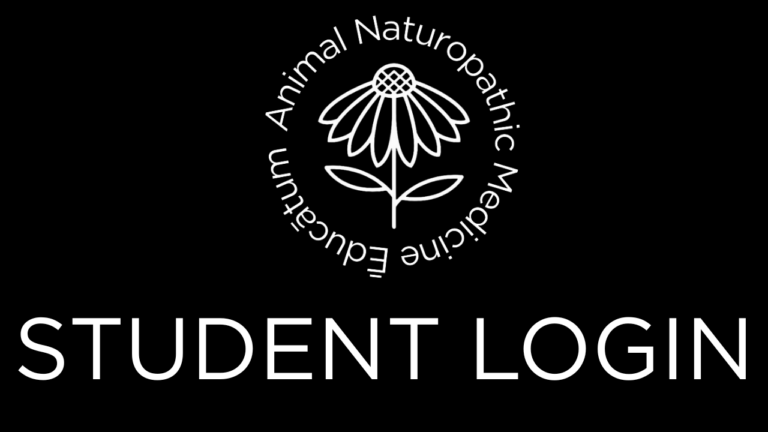Does herbal medicine actually help dogs and cats?
Ashlie Williamson, Lecturer
“Herbalism is based on relationship- Relationship between plant and human, plant and planet, Human and planet – using herbs in the healing process means taking part in the ecological cycle.” – Wendell Berry
To put it simply, YES!
Adding to your pet’s diet with herbal medicine advised from a trained animal herbalist can aid the dog in digestive issues, parasites, skin problems, and bone or tissue injuries. It is important not to use herbs without consulting a qualified practitioner and this also means not using ‘Dr. Google’ for herbal advice as well! This is because herbal medicine products some are toxic to pets, and others may not be appropriate for your individual pet.
It is not wise to mix pharmaceutical medications and some herbs without advising your veterinarian or herbalist. It is important to note that herbs do not work like pharmaceutical medicines, which elicit specific immediate reactions. It may go against the ‘natural’ philosophy but using the drugs your veterinarian suggests will deal with the immediacy of the issue and herbs can then help the body deal with any ill-effects of a medication.
Feeding good quality herbs is very important and is now much easier with a wide range available from just about every part of the world. The quality however may vary depending on seasonal conditions in the growing areas and therefore the vitamin and mineral content can also vary accordingly. Quality herbs unavailable due to drought or a bad growing season in one region can usually be harvested from another country or region which has had a good seasonal crop.
Herbal medicine in its holistic sense can work with the whole body not just specific symptoms. As with all systems of the body, an identification of herbs for a particular system is best when simplified. The body is an integrated whole and the herbal approach to healing recognises this. Herbs function through biochemical interactions and specific applications, they do so in a way that augments the vital processes of the body.
On a biochemical level, the numerous ingredients work in a synergistic way, with elements involved in the process that chemotherapy would not even consider as being active. Primarily we should address the important effects of the circulatory and nervous systems connecting to all other systems, these two systems are a part of the ‘transport system’, the vitality and tone of these systems is fundamental to all parts of the body.
Firstly, the importance of the whole health of our animals needs to be considered, by what the animal was designed to eat and ingest, that can supply certain energy requirements. Secondly, what we feel we need to feed our pets may result in ‘doubling up’ of some nutrients of purchased products. It is far more beneficial to the animal when we consider all ingested counterparts to compliment the animals’ energy requirements, the introduction and simplification of prescribing herbs offers the complete nutritional package in line with what we shouldn’t change about what the animal is designed to eat.
While herbs do have an affinity for an organ or body system, they generally are supporting the entire body. Many ailments and behaviours are avoidable with good feeding and herbal management used to maintain good all round well-being if combined with common sense use and the advice of a qualified animal herbalist.



